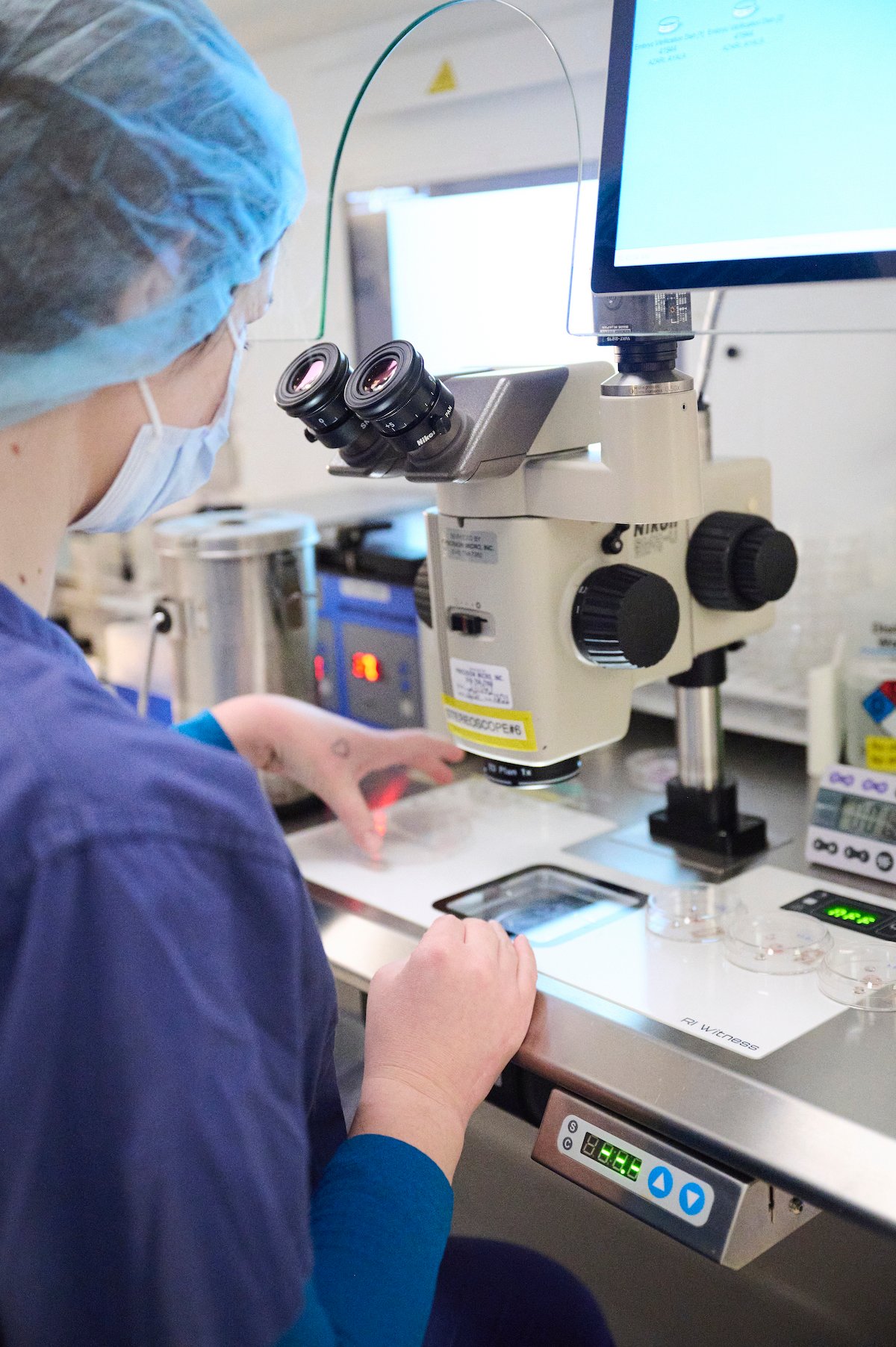Skip to main content
Search for topics or resources
Enter your search below and hit enter or click the search icon.
Fertility Care
Get Started
Fertility Treatment
Pricing & Insurance
Resources
About
-1.png?width=1456&height=970&name=HubSpot%20Images%20(9)-1.png)
.png?width=1456&height=970&name=HubSpot%20Images%20(1).png)
-1.png?width=1456&height=970&name=HubSpot%20Images%20(2)-1.png)
.png?width=1456&height=970&name=HubSpot%20Images%20(3).png)
.png?width=1456&height=970&name=HubSpot%20Images%20(10).png)

